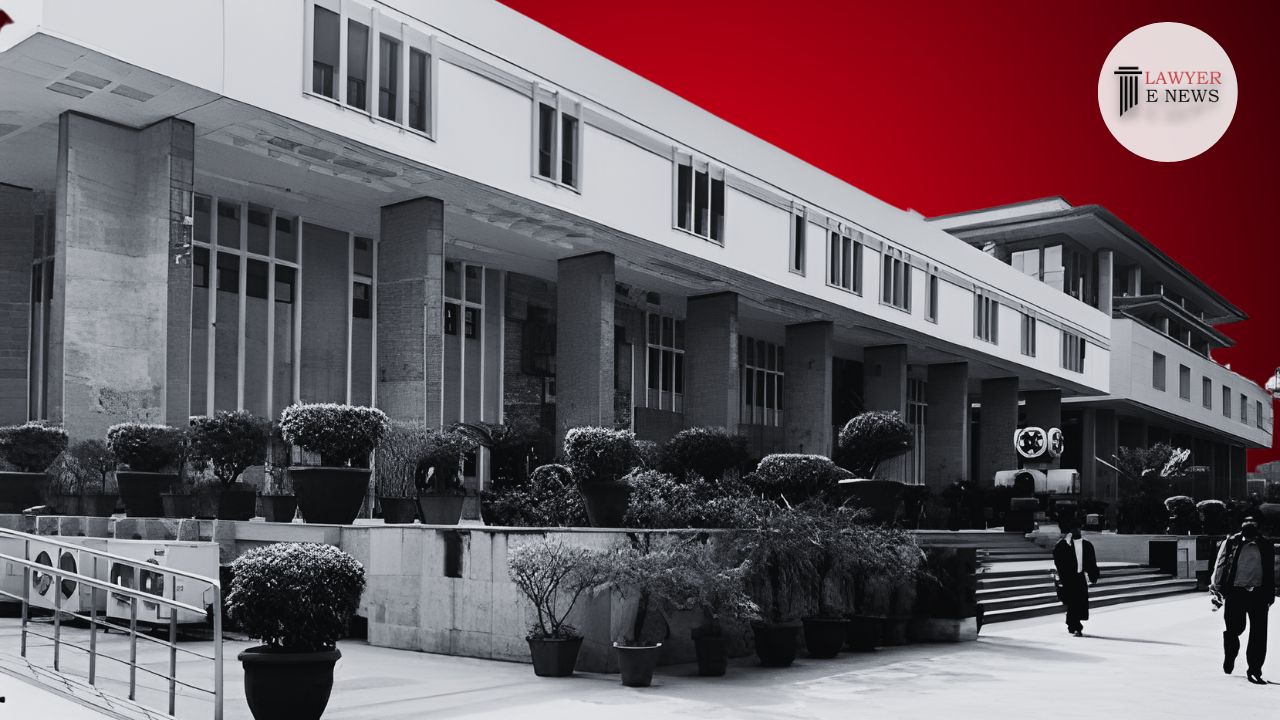-
by Admin
17 February 2026 2:34 PM



In a significant ruling, the Delhi High Court upheld the validity of suspension and dismissal orders against two Constables of the Railway Protection Force (R.P.F) who had challenged their dismissal from service. The judgment, pronounced on August 1, 2023, emphasized that acquittal in a criminal case does not automatically warrant reinstatement in the context of departmental proceedings.
The two petitioners, Ram Niwas and Raj Singh, were arrested in September 1998 on charges of corruption under the Prevention of Corruption Act, 1988. After facing trial, they were acquitted by the Special Judge in May 2010. Seeking reinstatement, the petitioners contended that their acquittal in the criminal case should nullify the charges against them in the departmental enquiry.
However, the Hon’ble High Court, comprising Justice Suresh Kumar Kait and Justice Neena Bansal Krishna, dismissed the petitions, stating that the punishment of dismissal was not based on the outcome of the criminal case but on the independent findings in the departmental proceedings. The court noted that the standard of proof in domestic enquiry differs from that in a criminal trial.
In the judgment, Justice Neena Bansal Krishna emphasized, “Acquittal in a criminal case does not automatically warrant reinstatement in the disciplinary proceedings. The two proceedings have different objectives, and the standard of proof in each is distinct.”
The court further observed that the petitioners failed to establish specific illegalities in the departmental enquiry. It emphasized that the High Court does not act as an appellate authority over disciplinary findings and cannot re-evaluate evidence like a court of first appeal.
Citing precedent cases, the court clarified that acquittal in a criminal case does not necessarily result in reinstatement in service. It highlighted that the purpose of disciplinary proceedings by an employer is to inquire into the allegation of misconduct, and the charge in such proceedings is established based on preponderance of probabilities.
The ruling sets a precedent on the relevance of acquittal in a criminal case concerning departmental enquiries. It emphasizes the need for distinct standards of proof in disciplinary proceedings and criminal trials, upholding the principle of fairness and natural justice.
D.D: 01st August, 2023
RAM NIWAS vs UNION OF INDIA & ORS.
